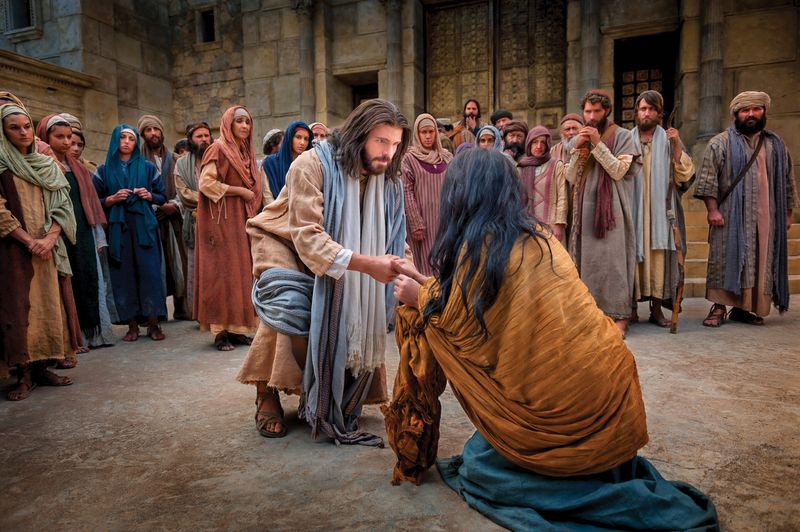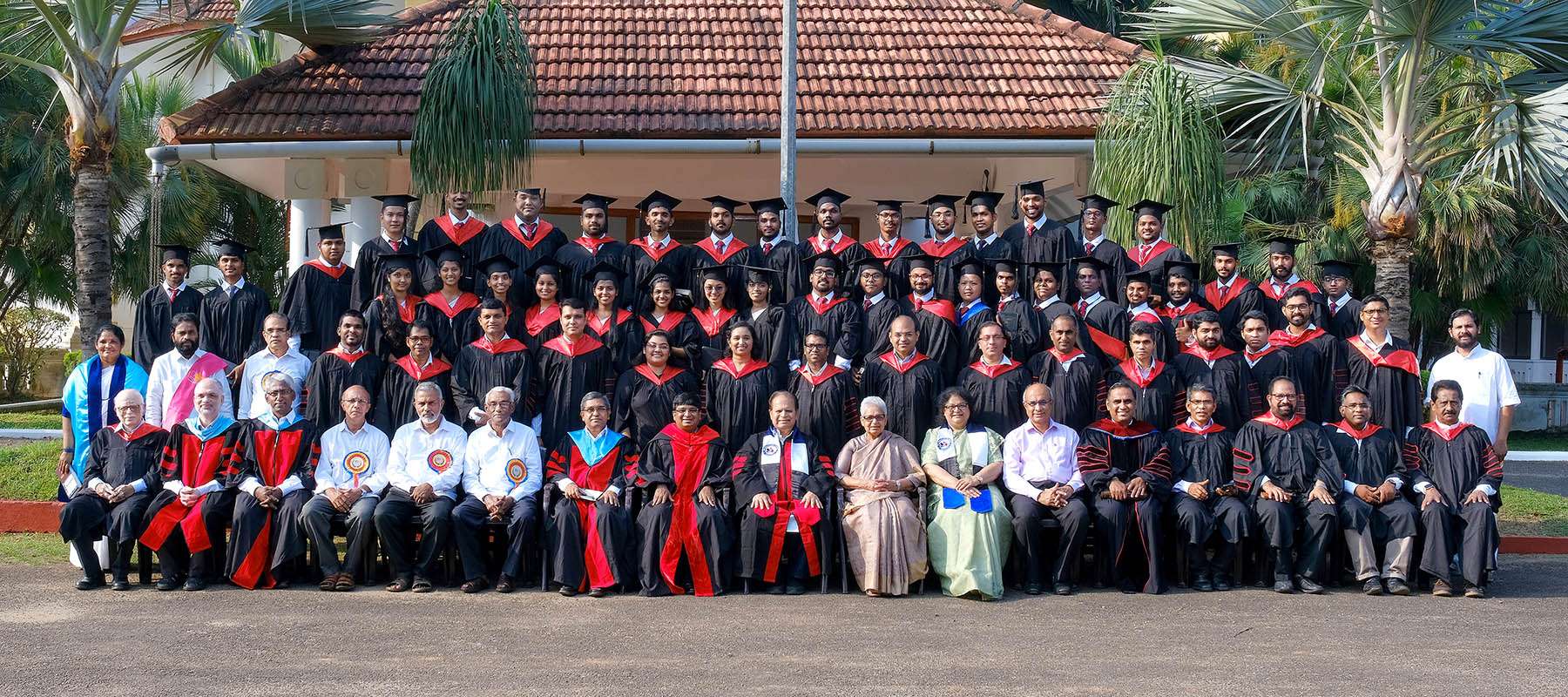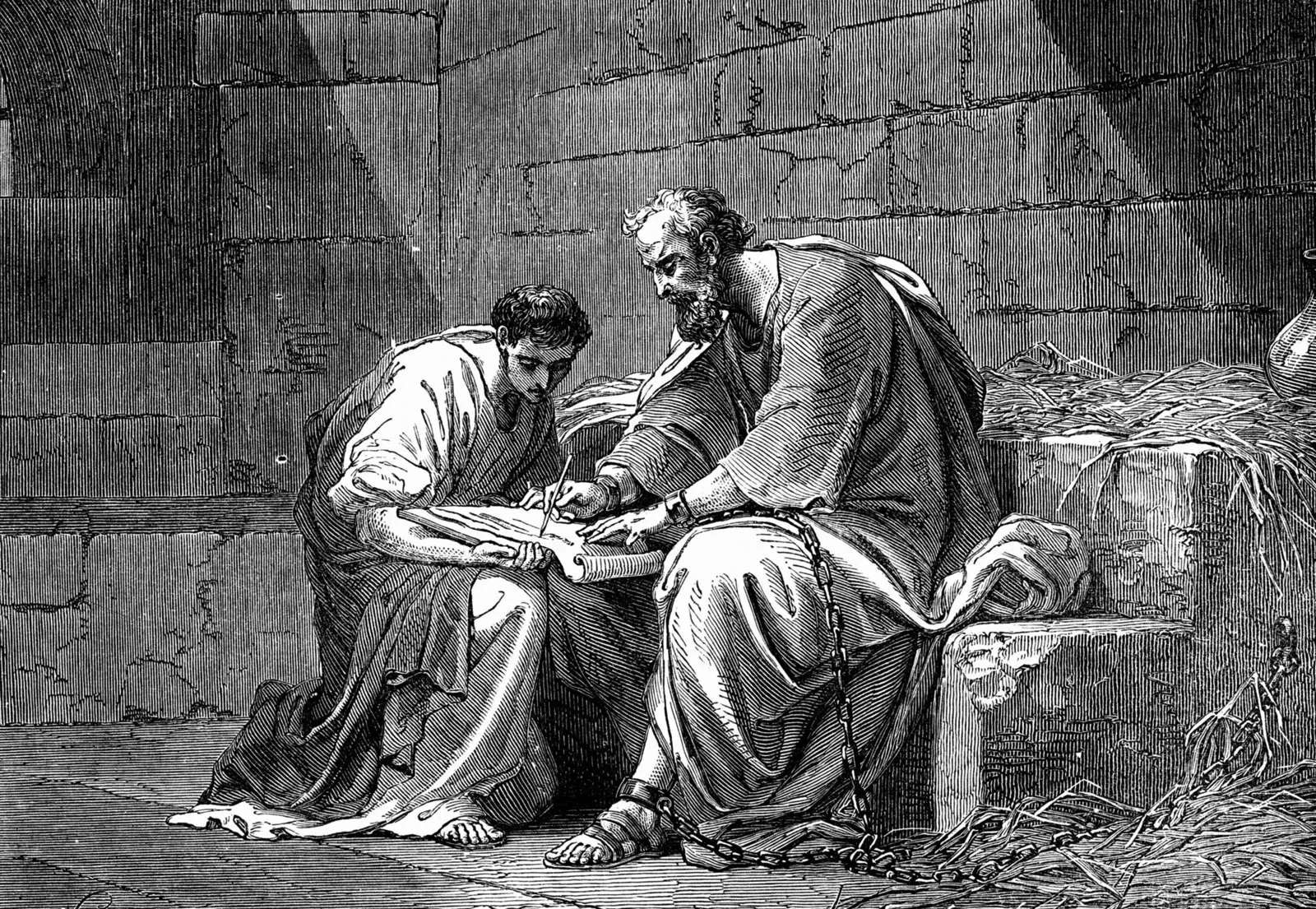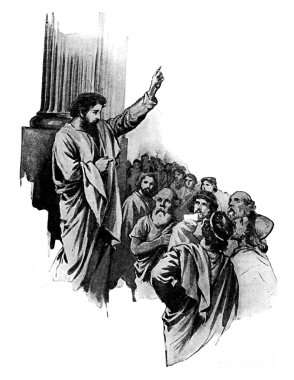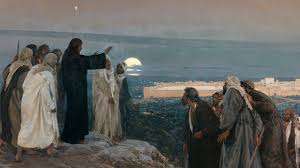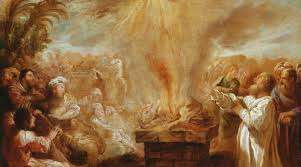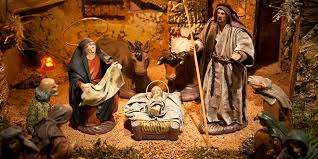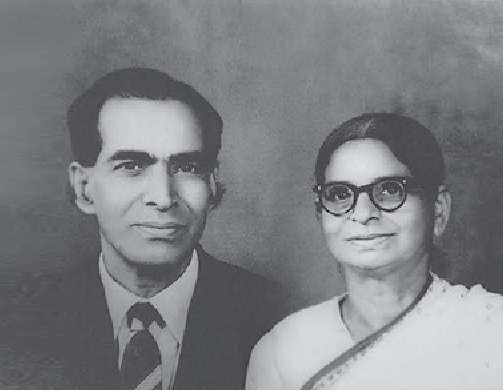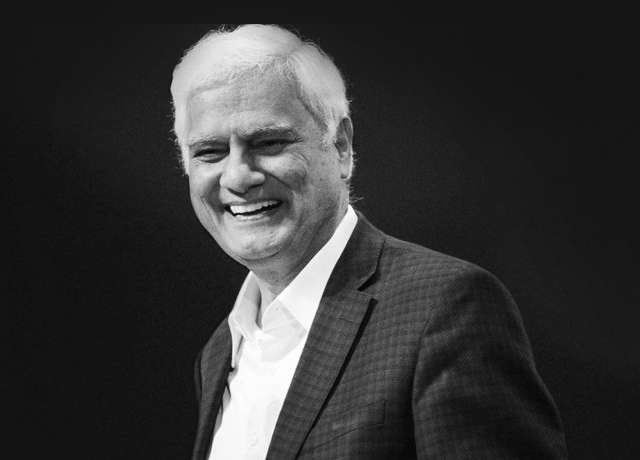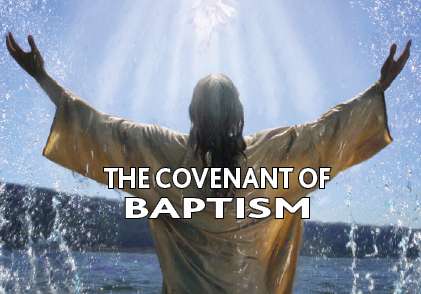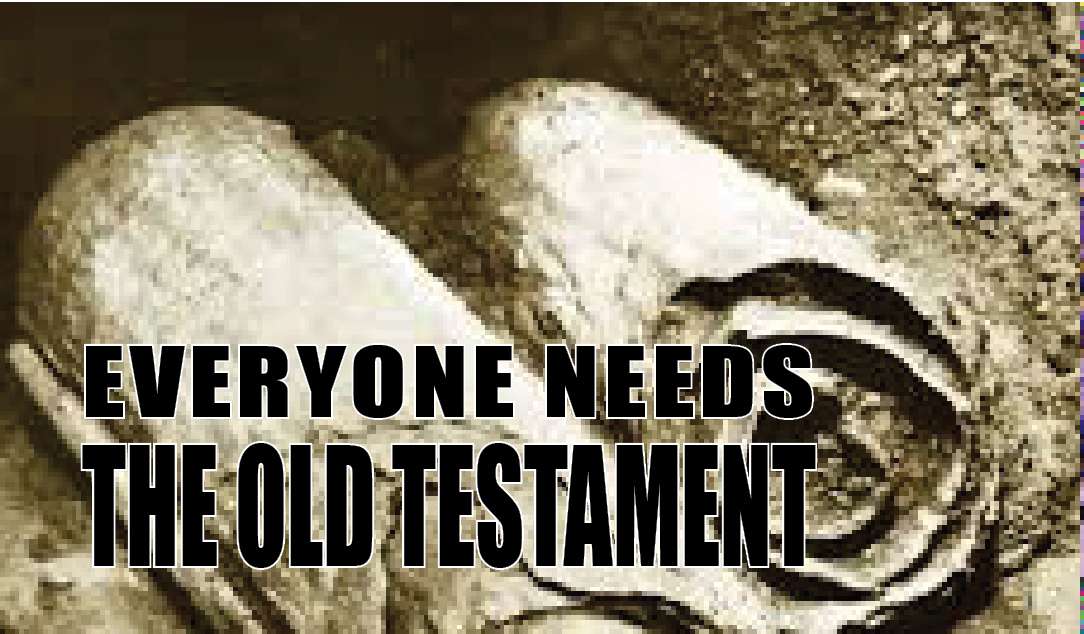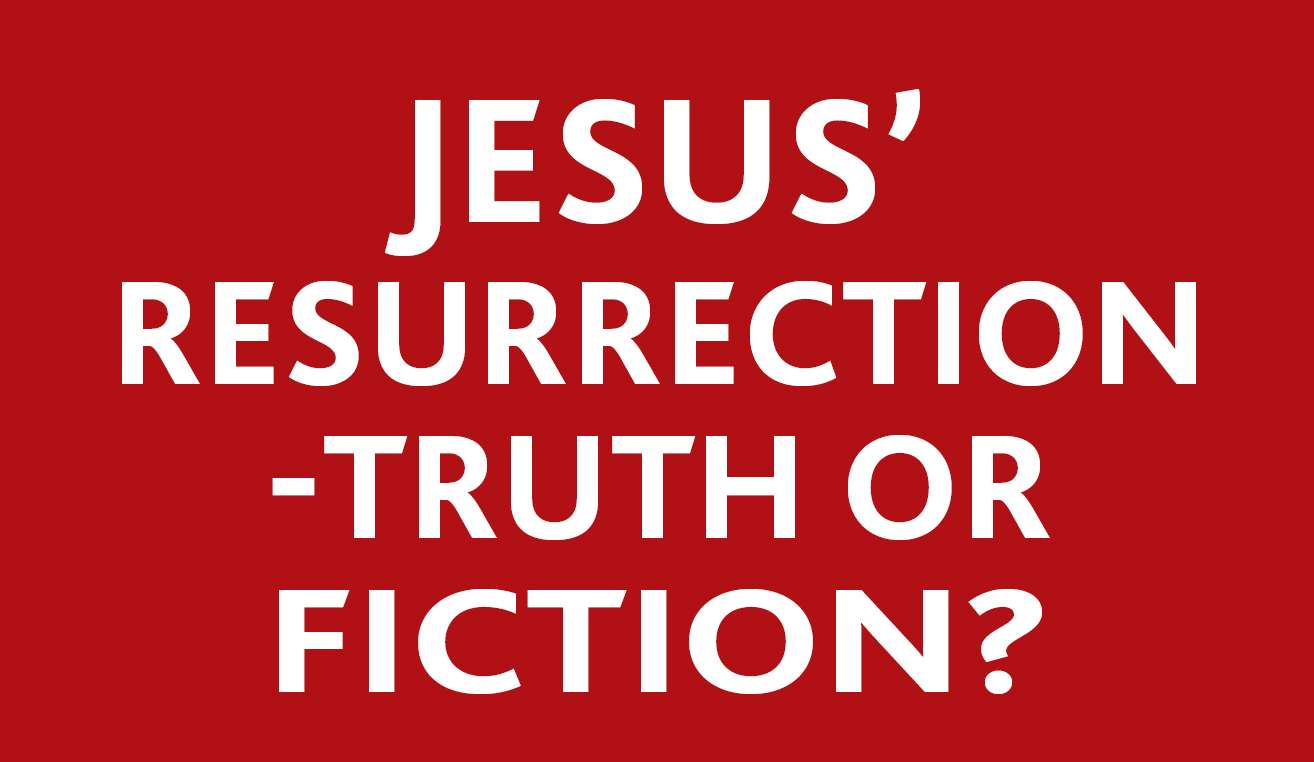

Jesus' Resurrection-Truth or Fiction?
Dr. Valson Abraham
The key to Jesus Christ’s uniqueness is his historical resurrection.
If Jesus Christ did not actually rise from the dead in historical time, then Christianity is a fraud. The Bible itself makes this claim in 1 Corinthians 15: “If Christ has not been raised, then our preaching is vain, your faith also is vain.” That is a strong statement to make if Paul had been trying to peddle a fraud.
Whole books have been written on the historical evidence for the resurrection. The Bible itself records twelve separate incidents in which Jesus appeared to others after his resurrection: the women returning from the tomb, Mary Magdalene, 11 disciples, two followers on the road to Emmaus, James, Paul on the road to Damascus, 500 believers at one time.
How could more than 500 people all see the same hallucination at exactly the same time? Why would Paul (formerly Saul), the rabid enemy and persecutor of Christians, change his name and become the foremost first century spokesman of the risen Christ unless he had actually seen the risen Christ, just as he claimed?
Is it possible that the resurrection story itself is a legend? Highly unlikely, says Professor A.N. Sherwin-White who has carefully studied legends and how legends develop. In his studies, he concludes that even two generations is not sufficient time for legends to develop. For legends to accumulate so soon around gospel events, including the resurrection is “unbelievable,” he says. Not a single apocryphal (or legendary) gospel arose until the generation of eyewitnesses had died long before. These so-called “lost gospels” have never been regarded as authentic accounts of Jesus’ life and work.
The gospel sources, which record Jesus’ resurrection, are closer to the events they record than any other ancient source that is accepted without question. Biblical writings relating to the resurrection of Jesus Christ existed as early as 51-52 AD, less than 20 years after Jesus’ death and resurrection (see 1 Thessalonians 4:14).
These early writings indicate that the story of the empty tomb became known early after Jesus’ earthly life. Plenty of Jewish authorities were ready to prove these stories wrong, if they could. Besides, Jesus’ resurrection fell completely outside all Jewish expectations. For the Jews, resurrection occurred only after the end of the world and involved all people, not just a single individual. Until the resurrection of Jesus, no prior idea of salvation rested upon the resurrection of a single man. There was nothing in prior Jewish literature about a resurrection like that recorded of Jesus Christ.
So the chance that theologically untrained fishermen would have concocted the idea of Jesus resurrection is highly improbable, much less their willingness to die for such a fraud. Indeed, when we read the gospel accounts, the disciples at first were not inclined to believe the report of the women who first saw the empty tomb, because the testimony of women was not admissible in Jewish courts.
Only later, they said, they believed in Jesus’ resurrection when He bodily appeared before them, ate food before their eyes, and later appeared with some of them at the Sea of Galilee. Then, they said, they witnessed Jesus’ ascension into heaven.
Except for the Apostle John, all of the disciples later died for their faith in the risen Christ. Why would the disciples willingly die for a myth they had concocted? Their later actions and their willingness to pay the ultimate price are the actions of people who actually saw the living and resurrected Christ, just as they said.
What other savior-king has ever submitted himself to the same human standards and conditions as the rest of us and yet come up with a record of perfect integrity and character, not only in actions but also in the depths of his heart?
Some say that early Christians believed the stories of the resurrection because they were backward, ignorant and superstitious. They present little evidence to prove this assertion.
However, we have abundant evidence that many early Christians came from the educated upper and merchant classes. In the New Testament itself, we find recorded followers of Jesus such as Nicodemus and Joseph of Arimathea from the ruling religious body, the Sanhedrin
-hardly an ignorant or superstitious group.
We find Lydia, a seller of purple, a color worn only by those associated with royalty. The apostle Paul was one of the most educated people of his day, well-versed in the Jewish scriptures and contemporary literature, able to hold his own with philosophers and religious leaders of every persuasion.
Early Christians even came from the royal households of the time. We find Christians in Caesar’s household (including the wife of Emperor Nero—according to ancient historian Flavius Josephus—a Jew, not a Christian) and the household of Aristobulos, grandson of King Herod the Great; Narcissus who had a powerful influence upon the Emperor Claudius; Erastus, the city treasurer of Corinth; Luke, the physician and writer of the gospel account that bears his name; and many others who were lawyers, businessmen and the like. These are common sense, practical people not given to fables. They want what works, not just what feels good.
Also, we have plenty of 2nd and 3rd century Christian theologians from the propertied and educated classes who thought and wrote clearly in an age when Christians came under severe opposition by Roman authorities. If they had been ignorant and superstitious men as skeptics say, Christianity would never have survived the onslaughts. Their strength of character and clear articulation of the faith continued to win respect among the influential classes until Constantine the Great recognized Christianity as the faith of the Roman Empire.
In more recent days, skeptics like lawyer Frank Morison have attempted to research the claimed evidence for the resurrection and write a book to disprove the resurrection once and for all. Instead, he found the evidence for the resurrection so compelling, he committed his life to Jesus Christ. An Indian lawyer, Sir Lionel Luckhoo, Guinness Books describe him as “the most successful defense lawyer in the world” winning 245 cases in a row, has also looked at the evidence for the resurrection from the standpoint of a lawyer and found it impossible to refute.
The only explanation that makes sense of the evidence is that the resurrection of Jesus Christ actually happened.
What difference does it make? Even if real, was the resurrection of Jesus from the dead just a stunt? If we had to time and space to relate the whole story, we would find the resurrection of Jesus Christ became the watershed of human history.
Nothing has been the same since the resurrection because the resurrection breaks the mold of everything that went before. It ushers in something completely new and unknown. It breaks into our old world of death and ushers in a new world that conquers death, making that a possibility for us as well. What Jesus Christ accomplished is the “first fruits of them that sleep [that includes us].”
The Christian faith spread because of the resurrection of Jesus Christ. Social and cultural movements of Christianity have spread because of the resurrection of Jesus Christ. The resurrection of Jesus Christ overcomes the status quo. The resurrection of Jesus Christ overcomes fate and karma.
This is a story to tell to the nations.
Praise be to the Name of the Risen Savior and Lord – JESUS CHRIST.
* * * * * * *
Father God, thank you for sending your Son to conquer sin and the grave for me and for the whole world. Thank you for the new life of the resurrection. Teach me to live in the reality of this astounding event in history and show me where I can tell others of this Good News that they may experience you as well. In Jesus’ Name. Amen.

